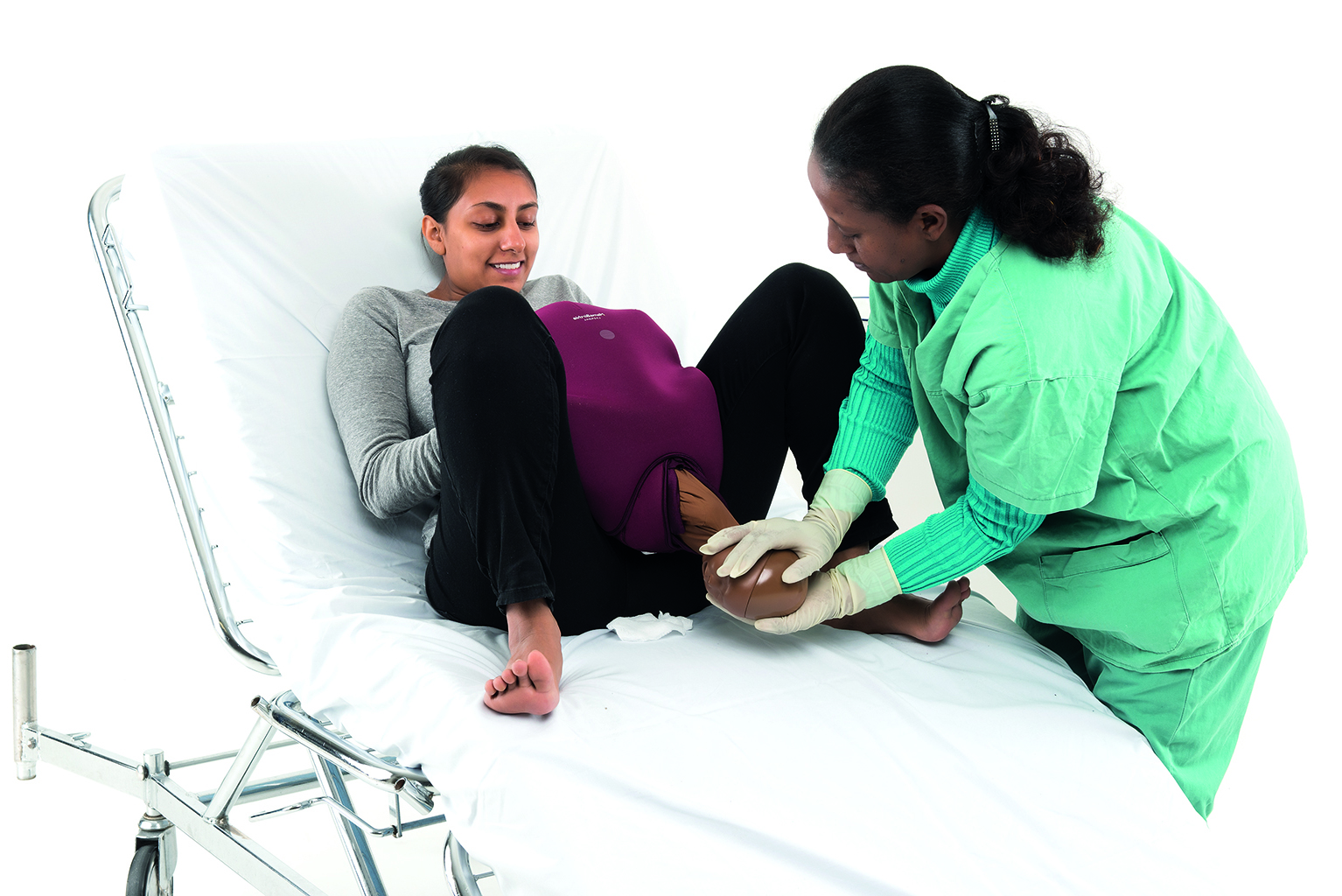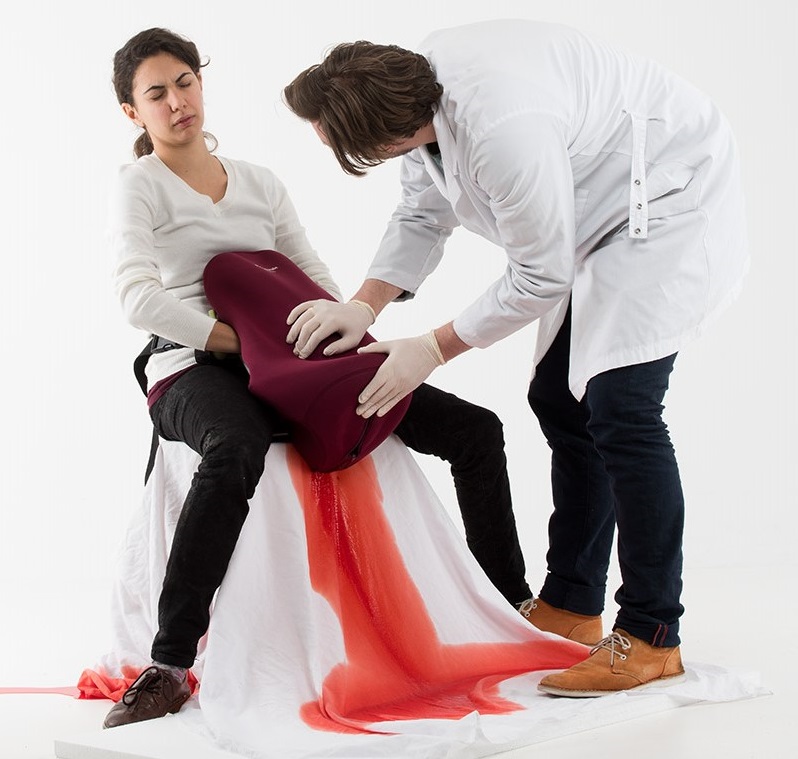Buy One Gift One
2:25
For each birthing simulator purchased through Laerdal Medical for use in high-income countries, a second one is donated to support the Helping Mothers Survive initiative in low-resource settings. The donated simulators help birth attendants to improve their skills and competency to save the lives of mothers and newborns. We call this Buy One, Gift One (BOGO).

BOGO
MamaBirthie is Laerdal Global Health’s birthing simulator and skills trainer eligible for the BOGO initiative. This versatile trainer is a tool for training realistic normal birth and labor complications, including breech, shoulder dystocia, and assisted deliveries. MamaBirthie can be used as a tabletop model for demonstration and on the body for simulation training.

BOGO
MamaNatalie is Laerdal Global Health’s first birthing Simulator, for training both normal delivery and postpartum complications, including severe bleeding, uterine atony and retained placenta. It comes with the NeoNatalie Newborn simulator and can also be used to train on newborn resuscitation.
Each year 300,000 mothers and 2.7 million babies die due to complications related to pregnancy and childbirth. Ninety-nine percent of these deaths occur in low- and middle-income countries. The majority of these mothers and babies that die on the day of birth can be saved by well-trained and equipped birth attendants.
Thanks to the contributions to Buy One, Gift One, more than 6000 simulators have been donated. They are being distributed to partners, together with educational materials, to train birth attendants in the Helping Mothers Survive program.
Organizations that have received BOGO units include International Confederation of Midwives, International Federation of Gynecology and Obstetrics, American Academy of Pediatrics, UNFPA, Jhpiego, Amref, Association of Malawian Midwives, Ethiopian Midwives Association, Tanzania Association of Midwives, Rwanda Association of Midwives, Midwives Association of Zambia, Croix-Rouge Français, International Council of Nurses and East, Central and Southern Africa Health Comunity.
They have used them in more than 40 countries all over the world, including Malawi, Zambia, Sierra Leone, Ethiopia, Senegal, Burkina Faso, Togo, South Africa, Pakistan, Nepal, India, Burkina Faso Zimbabwe, Tanzania, and Rwanda.